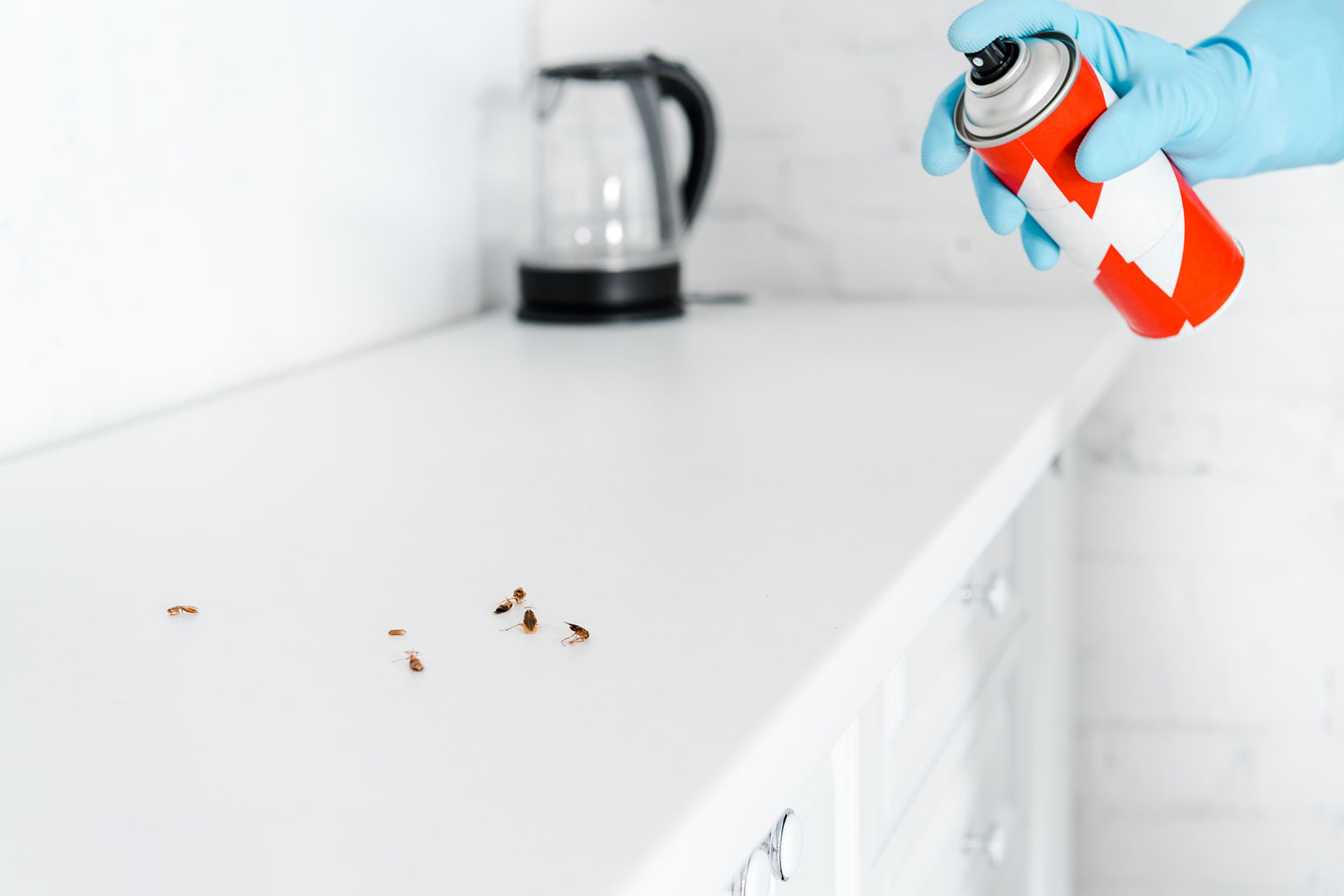Flea Pest Control in London and Sussex
- Same-day availability & emergency flea pest control
- Inspection, treatment of fleas & prevention included
- The service is not hourly-based
- Child- and pet-safe flea removal methods

How we execute the flea removal service
The flea exterminator will visit your property and will carefully examine it to figure out the type and level of infestation. Then the expert will determine the best flea treatment method.
The pest controller will spray the affected areas with an insecticide, effectively eradicating any fleas in the process. With its residual effect, it will remain active for a long time.
When a full flea pest control service is booked the flea exterminator can return upon request after some time to examine your property again.
The technician will offer you some helpful advice on how to avoid any future trouble with fleas and will provide a report for the performed service.




Protect your home and pets with effective flea pest control

You could be de-fleaing your cat or dog regularly and still have a flea infestation at home, gone out of hand. Why? There are two main reasons for this:
Flea eggs are difficult to kill – Eggs are not killed 100% by a standard fipronil pet treatment. They drop on the floor (your carpet, in between floorboards and in your pet’s bed), where they soon hatch. The young fleas jump back on the host – your unsuspecting dog or cat, despite their flea collar.
You’re dealing with a secondary infestation – You’re unaware that a rodent family in your attic has brought fleas into your home.
Often, without a professional flea treatment and comprehensive control, the parasites will simply thrive and keep breeding.
What is required for effective flea treatment?

- Vacuum carpets, furnishings and upholstery.
- Empty the vacuum cleaner away from your house.
- Don't be present on the same floor where treatment is taking place.
- Your cat or dog should be out of the property during the flea removal service.
- Wait at least two hours before returning home after the service
- Upon your return to the property, open all doors and windows.
- Do not vacuum or mop the treated areas for 10 days.
- Consider repeating the flea treatment in a few weeks.
Flea Control FAQ
Q: How to get rid of fleas?
Q: How much does it cost to get rid of fleas?
Q: Can fleas live in your bed?
Q: How long can a flea infestation last?
Q: Will vacuuming everyday get rid of fleas?
Q: Can a pest control get rid of fleas?
Learn more about fleas
A flea infestation can easily turn your relaxed time at home or in the garden into an unpleasant experience. Here is how to get rid of fleas in the house.
Learn how to identify flea infestation in your house. Check what are the most obvious signs and where to look for the irritating fleas.
Learn how to identify flea bites and how to treat flea bites with natural remedies.
